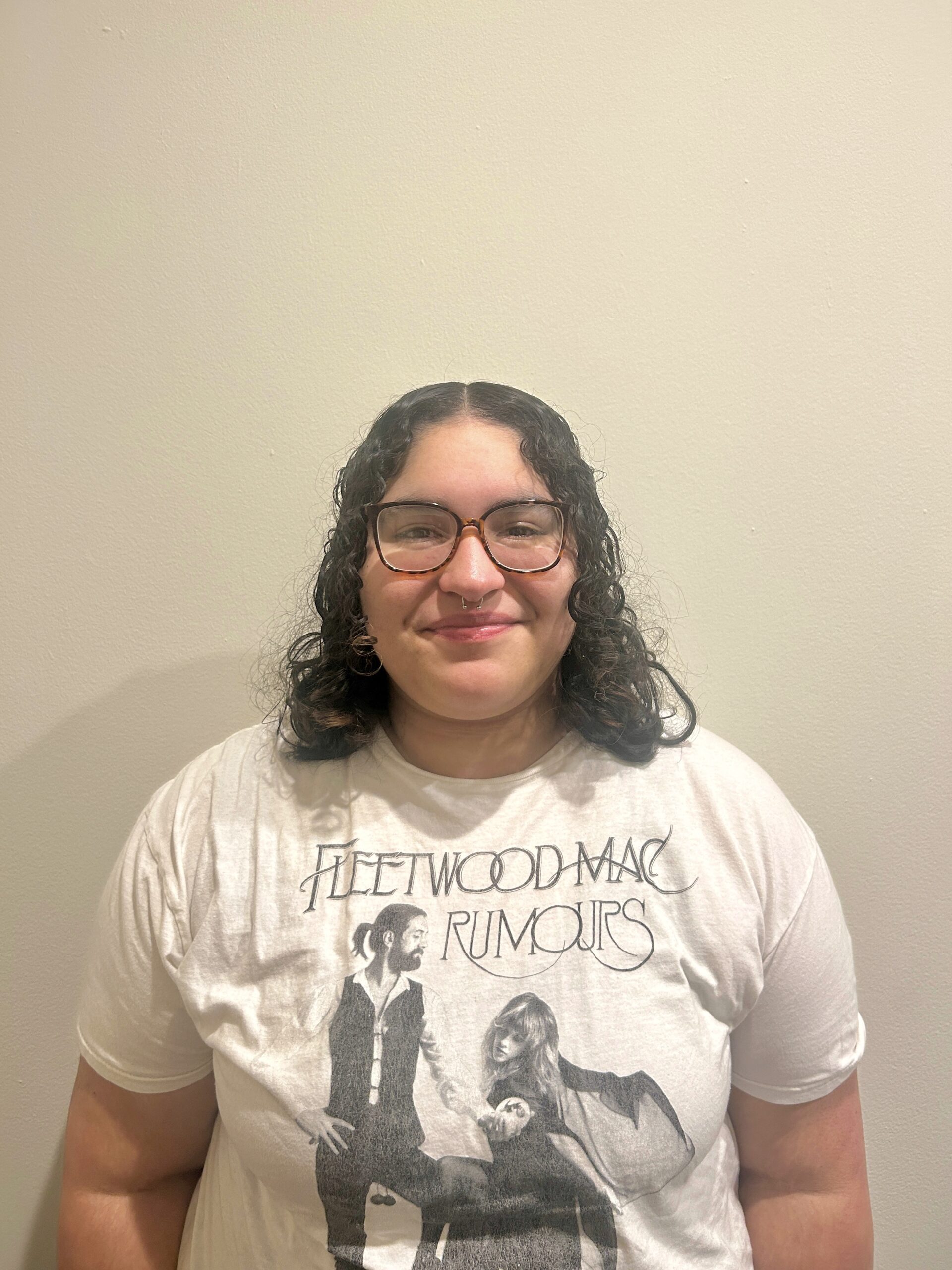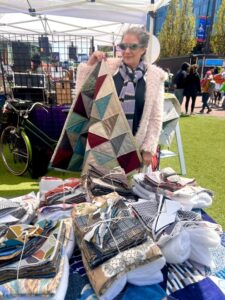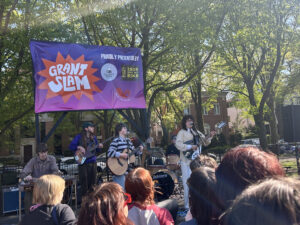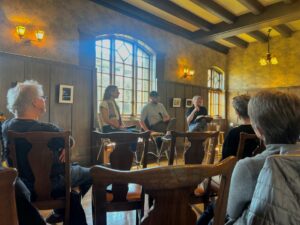Although the news media has improved how it depicts issues of disability, some argue it still falls short of meaningful inclusion. Jazlyn Fragoso, an 18-year-old student at Columbia College Chicago from Hoboken, New Jersey, shared her perspective, rooted in personal experience with family members who have disabilities, on how the news media handles these stories.
“There’s a lot of good awareness, but there’s also exploitation,” Fragoso said, reflecting on how some journalists and media outlets approach the topic. She praised the efforts to share authentic stories but criticized instances where disabilities are used primarily to generate attention or profit for these organizations.
Fragoso expressed frustration with the tendency to frame achievements through the lens of disability.
“Why does the focus have to be on their condition?” she asked. “It is not just about the disability — it is about the person and their accomplishment.” She pointed to headlines that center disabilities, such as “Autistic kid wins academic decathlon,” as reducing individuals to a single characteristic.
Language, too, plays a critical role in shaping perceptions, Fragoso said. She encouraged the use of accurate and respectful terminology, while rejecting euphemisms or avoidance of terms like “autistic.”
“We need to normalize these words and stop attaching shame to them,” she said.
Fragoso called for more stories led by people with disabilities to better represent their lived experiences.
“We do not see the world the way they do, so it is important to include their voices,” she said.
Fragoso’s hope is for a shift in media narratives, one where disability is acknowledged without overshadowing the individual’s humanity and achievements.
“Disability is part of who they are, but it is not the whole story,” she said.







Be First to Comment